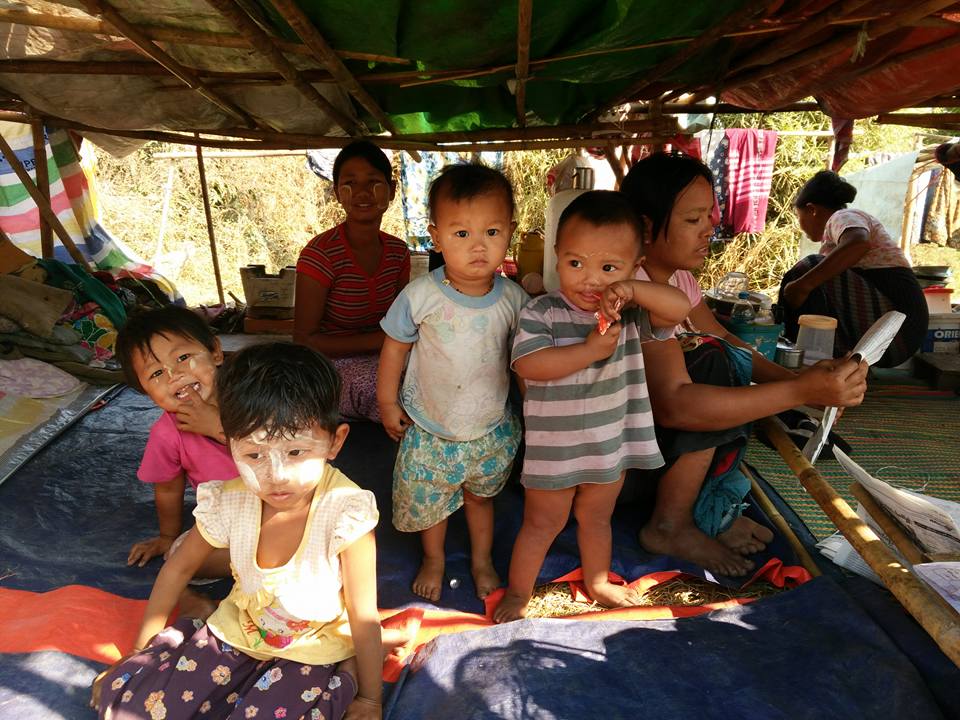Burma’s national rights watchdog noted this week the destruction of over 500 homes in the Mingalardon Pyinmabin Industrial Zone and Yuzana Garden City areas of Rangoon, which left close to 1000 homeless. Attention was also drawn to “forced evictions” last month in Nyaung Ni village in Mandalay Region, where “clashes” between police and squatters broke out.
The homes of people the commission referred to as “long term squatters” were flattened on 26 January by the weight of heavy machinery with little forewarning.
According to a statement released by the Myanmar Human Rights Commission on 3 February, the result of the displacement has been the creation of a “new breed of roadside squatters” that includes the elderly, pregnant women, infants and school-aged children.
“The concerned authorities had told them that temporary food and shelter and medical attention would be given to those in need, but in reality, no such support was forthcoming,” the statement reads.
The statement by the commission went on to call for humanitarian assistance to the destitute families, many of who now live in roadside camps.
Khin Saw Wai, a squatter evicted from the Pyinmabin Industrial Zone in Mingalardon said around 500 people including her family are now living in a temporary roadside shelter. She said their livelihoods have been broken.
“We set up a temporary shelter on the roadside in front of a factory – there are around 500 people here and also there is a group of about 100 living on the field after the demolitions. As the area is cordoned off, we are having trouble with providing them food and water,” said Khin Saw Wai.
[related]
“We are living in these ramshackle shelters amid the harsh weather and there are pregnant women among us. We sent a woman in labour to North Okkalapa hospital yesterday and we have children and elderly people with us.
“Sanitation is the biggest concern for us right now as we are living on the roadside and we are struggling for drinking water.”
The MNHRC also urged the squatters to abide by existing laws, rules and regulations in their resettlement.



